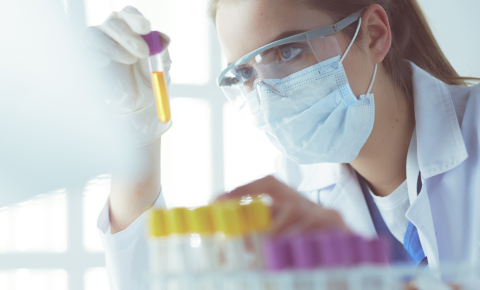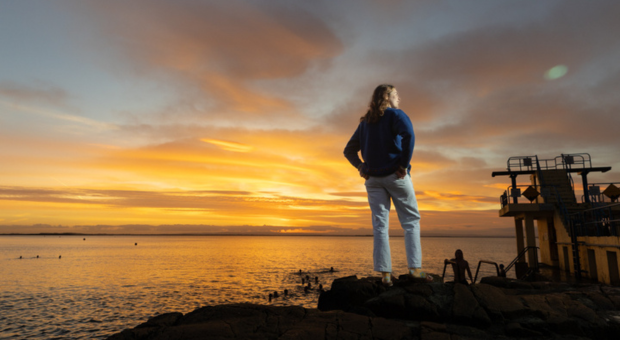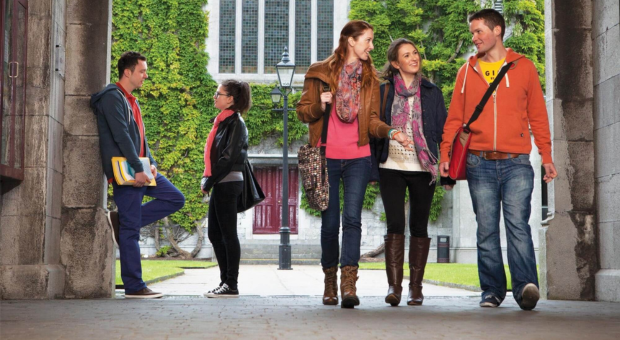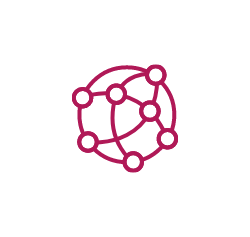
Leading Research Globally
The purpose of our research and innovation is to advance the public good. Our people are creative in their thinking and collaborative in their approach. Our place is a distinct and vibrant region deeply connected internationally and open to the world. .








.jpg)
-1.jpg)
.png)




















